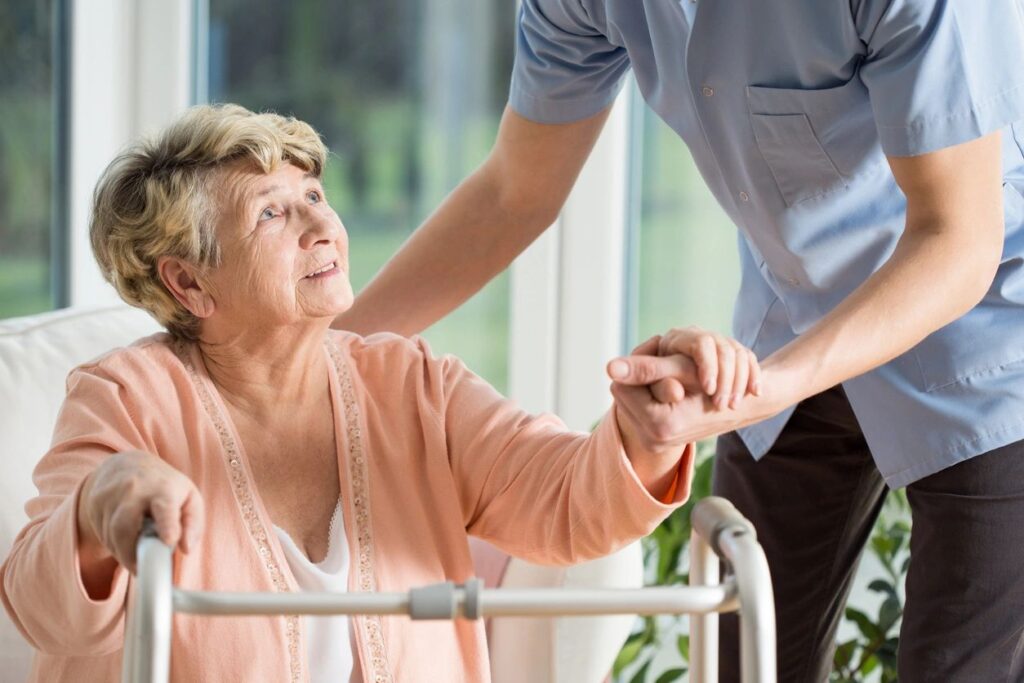Blog
Combating Elder Isolation: Tips for Families and Caregivers

Elder isolation is a growing concern, especially as health issues, mobility limitations, and dwindling social networks increasingly affect seniors. Addressing this challenge is crucial for maintaining older adults’ well-being and quality of life. Here’s how families and caregivers can help.
Understanding Elder Isolation
Elder isolation is a widespread issue that goes beyond loneliness. According to a report from the AARP Foundation, nearly one in five adults over 65 are socially isolated. Isolation’s health effects are profound, increasing the risk of heart disease, cognitive decline, and even premature death by up to 30%.
Addressing isolation requires proactive engagement from families, caregivers, and communities to keep seniors connected and supported.
The Health Risks of Isolation
Isolation negatively impacts both mental and physical health. Isolated seniors are more prone to depression, anxiety, and other mental health concerns, leading to diminished quality of life. Additionally, social isolation has been linked to chronic diseases such as hypertension, diabetes, and cognitive decline.
Engagement through social activities and family involvement can improve these health outcomes, allowing seniors to live healthier and more fulfilling lives.
Psychological Effects
Loneliness can lead to severe psychological effects, including anxiety, depression, and feelings of hopelessness. These emotional challenges often exacerbate existing health conditions, creating a cycle that further isolates seniors.
Families and caregivers can help mitigate these psychological impacts by fostering strong social ties and encouraging community involvement, ensuring seniors remain mentally and emotionally healthy.
The Role of Family and Caregivers
Family members and caregivers play a vital role in combating isolation by providing emotional support, consistent interaction, and encouragement. Regular communication, whether in person or virtually, can help seniors feel valued and connected.
Practical Strategies:
- Regular Family Interaction: Plan family gatherings or virtual meetings to create consistent social interaction.
- Shared Activities: Engage seniors in hobbies or community events to foster social engagement and mental stimulation.
- Leverage Technology: Use video calls, social media, or online communities to keep seniors connected.
Support Groups and Senior Centers
Local support groups and senior centers provide valuable opportunities for seniors to build relationships and maintain active social lives. These programs offer activities tailored to seniors’ interests, from art classes to walking groups, encouraging both physical and mental well-being.
Embracing Digital Connectivity
Technology can be a powerful tool in reducing elder isolation. Social media, video calls, and online communities allow seniors to stay in touch with family and friends, even from a distance. Virtual reality and online classes offer new ways to engage and learn.
By implementing these digital solutions, we can create more connected, inclusive communities for seniors.
How P&P Law Firm Can Help
Elders have rights that protect them from abuse, neglect, and isolation. Legal professionals specializing in elder law can provide invaluable assistance in navigating these rights, helping seniors maintain their independence and stay connected.
If you or a loved one are struggling with elder isolation, the attorneys at P&P Law Firm can provide guidance. Contact us today for a free case review to learn how we can help protect your rights and ensure a brighter, connected future.

